Jasmit Singh, the Gutli Man from Bengal, is bringing about a mango revolution – GetBengal story
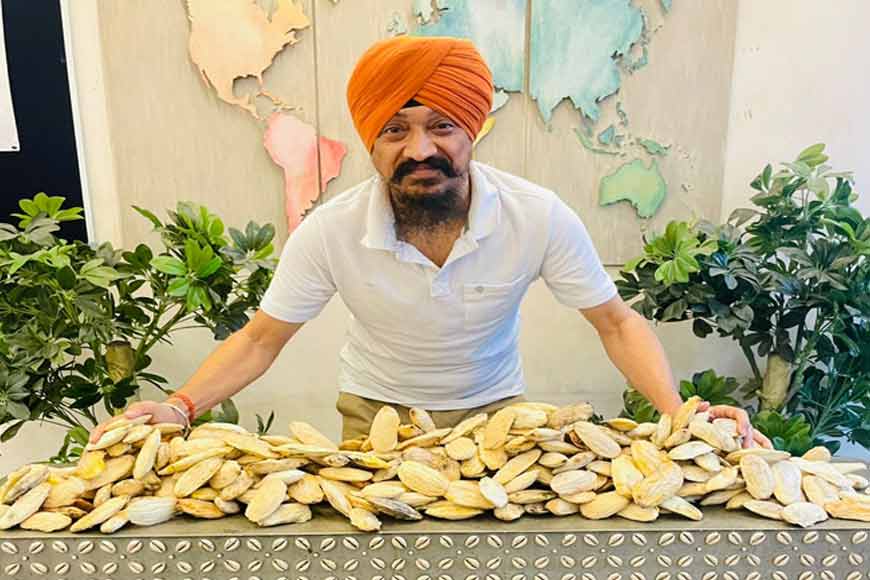
Mangoes are a refreshing treat during the harsh summers. Indians love relishing a juicy mango and are always in high demand for their delectable flavour profile. However, you may be surprised to learn that mangoes also benefit the ecosystem. Furthermore, what if we planted hundreds of them to counteract the recent decades' loss of green cover? Jasmit Singh, also known as "Gutli Man," is working to preserve Bengal's greenery by grafting and planting mango seeds to guarantee a steady supply of mangoes and a variety of crops for many farmers who cannot support themselves financially from paddy alone. This will also lessen the negative effects of pollution on the environment because the seeds will, in a sense, grow into saplings and trees.
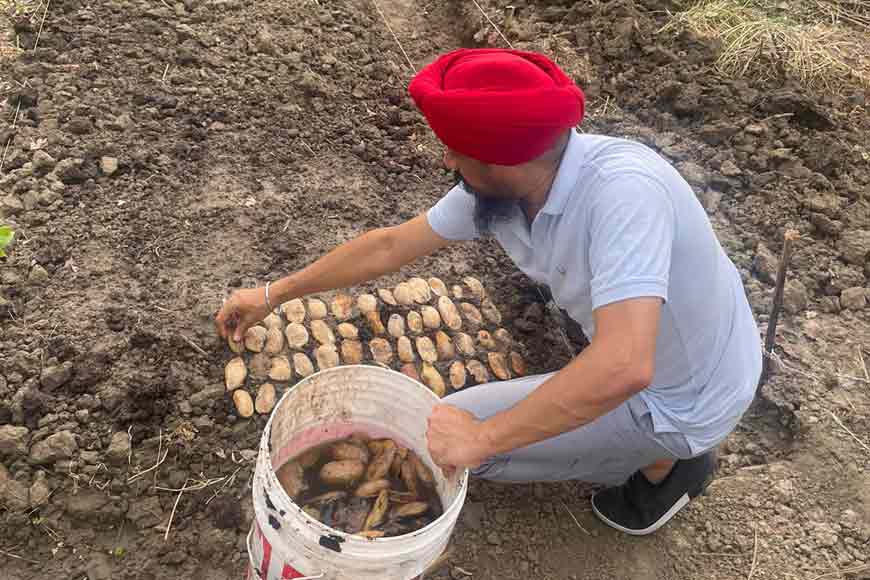
But why did he choose mangoes? Jasmit said, “The mango tree is an evergreen tree that does not see any shedding of leaves. Secondly, it supports biodiversity since many insects and birds take shelter in these trees, which further facilitates cross-pollination. It provides a lot of oxygen, and the fruit itself is always in high demand. It offers an abundance of oxygen, and the fruit is always in great demand. In addition, there are other export markets—Thailand, for example, sells more mangoes than we do. I have chosen mangoes because I believe they will empower farmers and make the environment greener. Mango trees are a very practical choice because they can be grown in 80% of India's agricultural areas. We are simply facilitating the accessibility of mango seeds by increasing awareness and being a part of the process ourselves.”
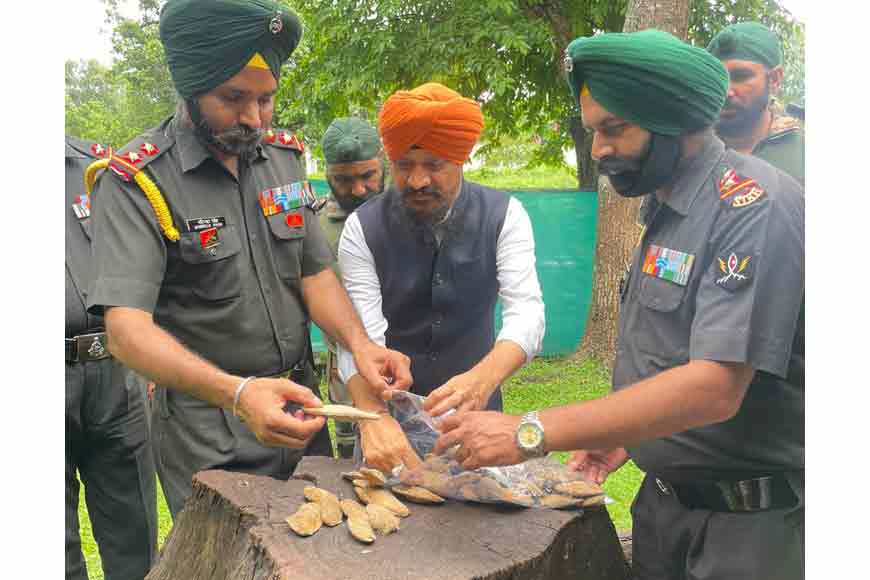
He gave the following explanation regarding the advantages planting mango trees will have for the environment: "Like other trees, mango trees provide oxygen, which helps in the reduction of air pollution." Secondly, it increases green cover and provides shelter to many insects and plants, which further helps in cross-pollination. Thirdly, it takes care of the soil since it stays for a long time and prevents soil erosion. Lastly, it also supports the rainfall structure. Overall, it beautifully supports the environment and acts as a natural AC.”
Often, people complain about environmental problems in casual conversations but rarely do anything about them. When Jasmit came across farmers who are into paddy farming, he realised they earn very little since they are predominantly dependent on rainfall. “Where they are earning, say around 20,000 rupees a year growing paddy, they can earn double that with mango plantations.” To spread awareness amongst the general public and the next generation, he chose to spread the importance of mango plantations and the role they play in the future fruit revolution and financial independence. There are, of course, environmental issues like global warming, pollution, unnatural heat waves, untimely rains, etc. that have become the order of the day, especially in tropical nations. Mango plantations help combat that too. So, it is a very inclusive initiative, providing livelihoods while also conserving nature and spreading awareness.
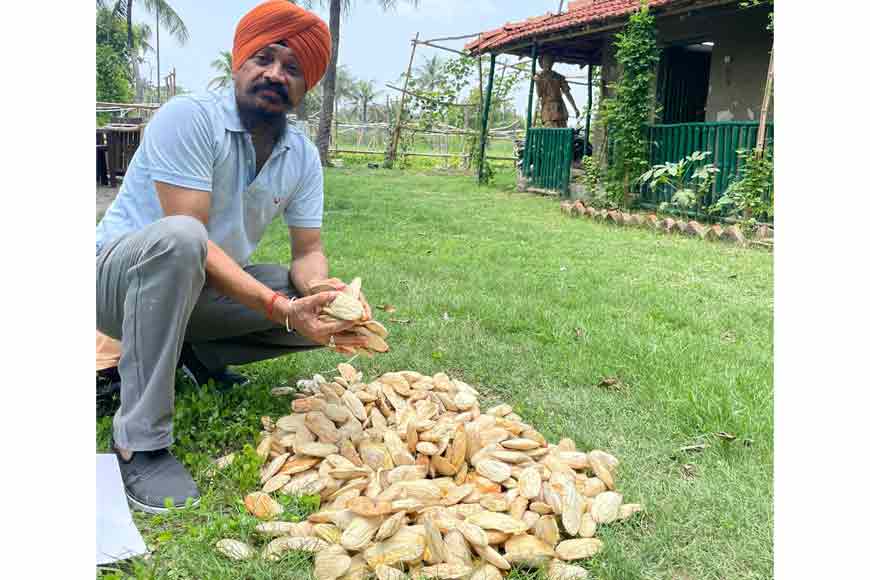
Jasmit’s wonderful initiative has been on the clock for quite some time now. “It has been going on for around four or five years. We received a lot of attention recently because one of our videos went viral. Now, there’s much more awareness, and we are receiving national and international shipments.”
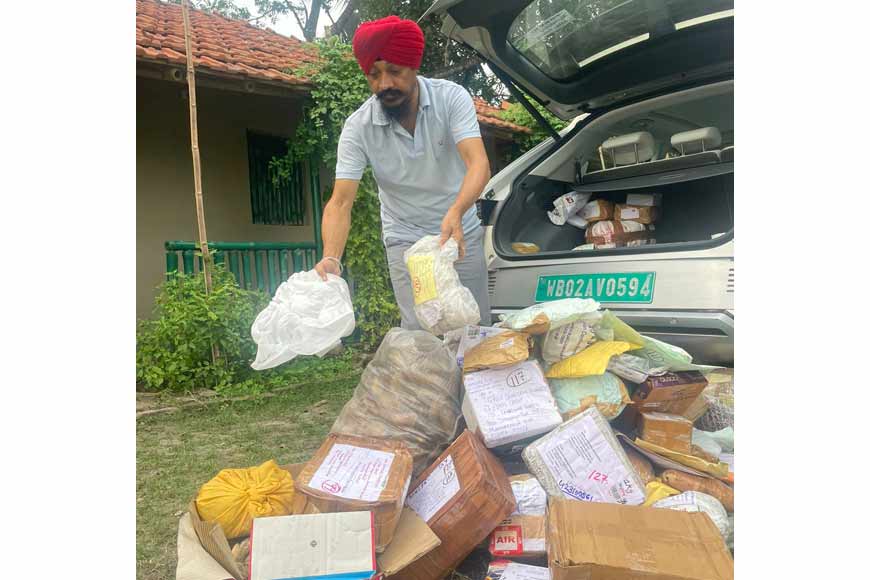
Spreading awareness is a major key to saving the environment. Awareness brings about action. So, Singh has been going to various schools in Kolkata, like Shri Shikshayatan, St. Xavier’s School, Don Bosco, DPS, Mahadevi Birla, Lakshmipat Singhania, and many more. He believes that spreading awareness among children will shape the next generation to be more eco-conscious. In addition to visiting schools, he also posts videos on social media platforms that reach people outside Bengal to create awareness.

Despite being from the Sikh community, he has chosen Bengal to start with. “Yes, I do believe in Guru Nanak’s teachings, but I am also a Bengali at heart. Guru Nanak focuses a lot on conserving and preserving nature and says that if you save nature, you are coming closer to God. I do have a special place for Bengal in my heart.”
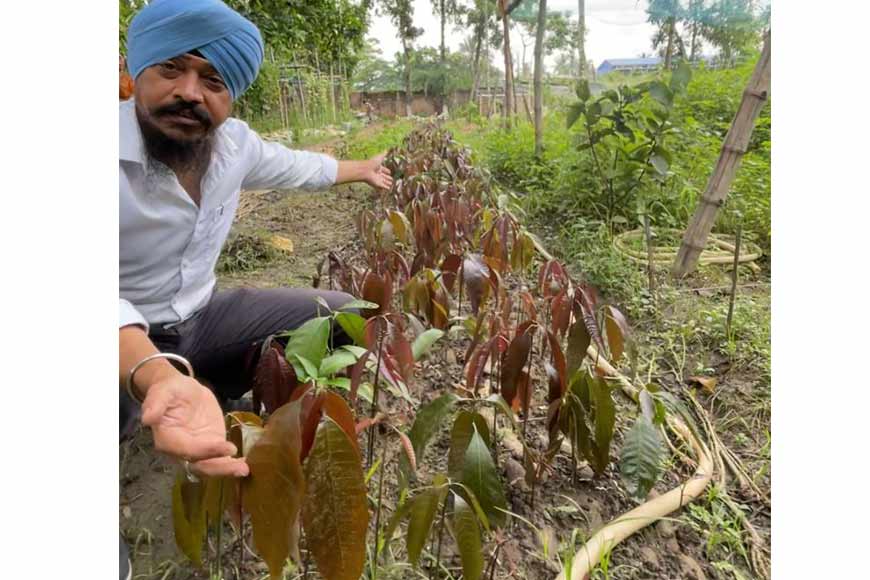
When asked about the location of the plantations, he explained, “Our initiative is to procure the mango seeds and manually perform cross-pollination, after which we will graft them and then give away those saplings to farmers. Since the rate of pollination is low for mango trees, it is a bit of an effort and a time-consuming process.” Thanks to such initiatives, Bengal will hopefully be greener again.











